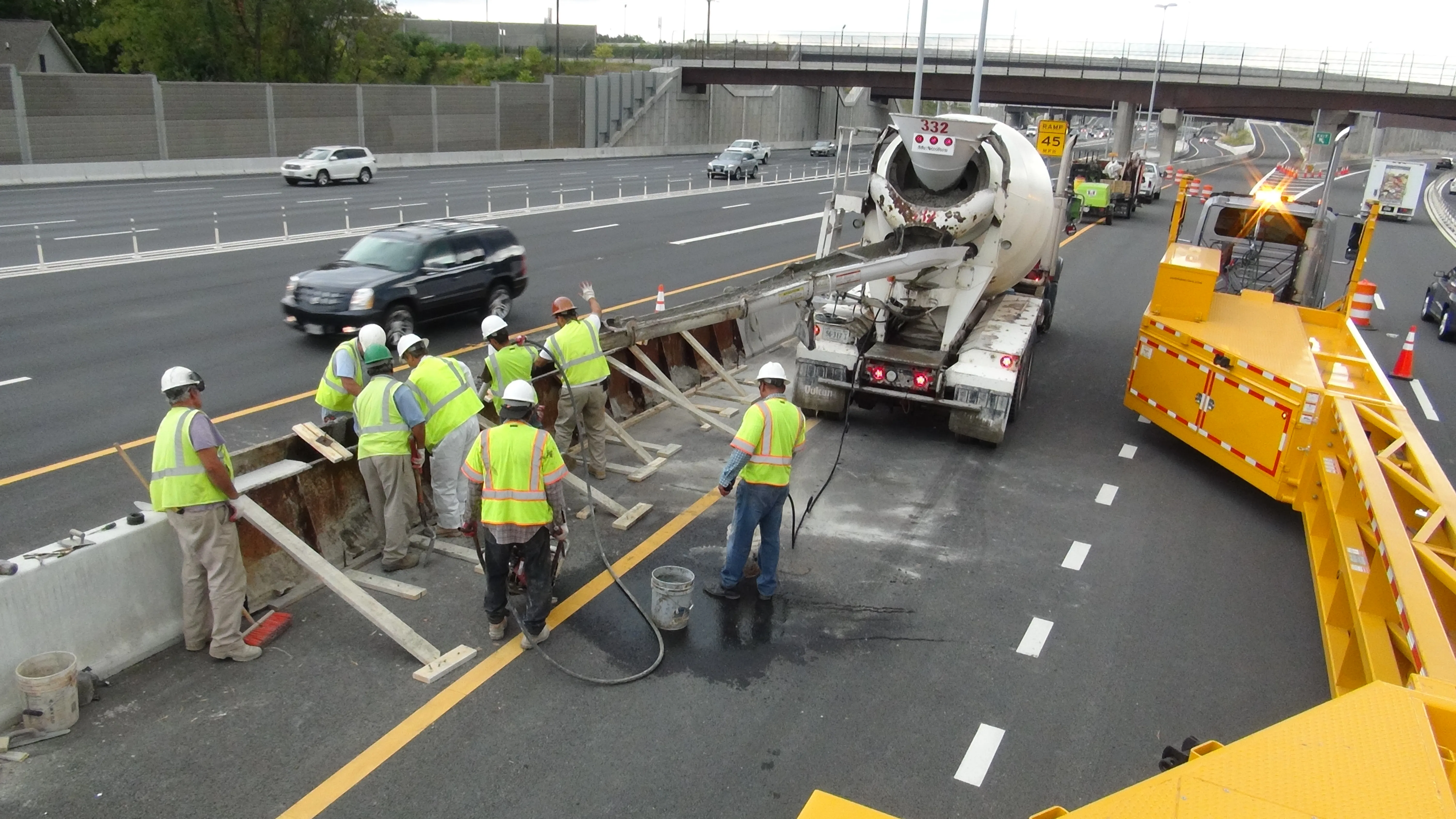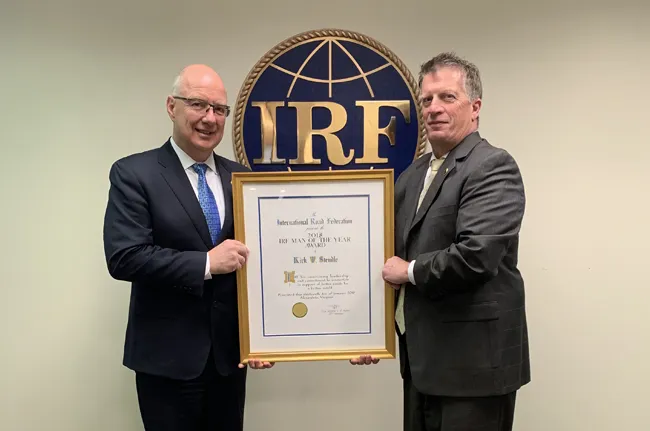
Road safety education is an important ingredient in improving road safety, reducing accidents, and fatalities from these accidents.
Another important IRF India initiative has been the institution of the road safety award for journalists. This award recognises the efforts of journalists (both for print and electronic media) to raise awareness about road safety issues among the public at large, and in the consciousness of policymakers and politicians.
Finally, regarding promoting road safety education among adults, a key element in saving lives is providing accident victims with appropriate first aid at the location of the accident itself, prior to the arrival of the emergency response services (in many countries outside Europe, North America and Australia these emergency services are not very well developed). IRF India has undertaken a massive programme to train truck drivers in administering first aid to accident victims. So far, almost 15,000 truck drivers have been trained in India. This programme is now being extended, together with India’s National Highway Infrastructure Development Corporation (NHIDCL), to educate individuals living in the proximity of national highways to administer first aid to accident victims at the accident location itself.
IRF’s efforts to promote road safety education among Indian children have been two-pronged: 1) practical education on safe road use behaviour, and 2) imparting knowledge about road safety via course materials. The practical training helps children understand where and how to move on roads, how to cross roads, understand road signs, and how to use bicycles on roads.
IRF India has, together with the Institute of Road Traffic Education (IRTE), developed a road safety curriculum for schools. The key feature of this curriculum is that it incorporates road safety into the existing curriculum for various subjects, so road safety is taught as an integral part of the existing curricula for classes VI to X (children aged between 11 to 16 years) to develop a culture of road safety among children. These materials have been incorporated into the curriculum teaching of Hindi, English, Science, Social Science and Mathematics.








